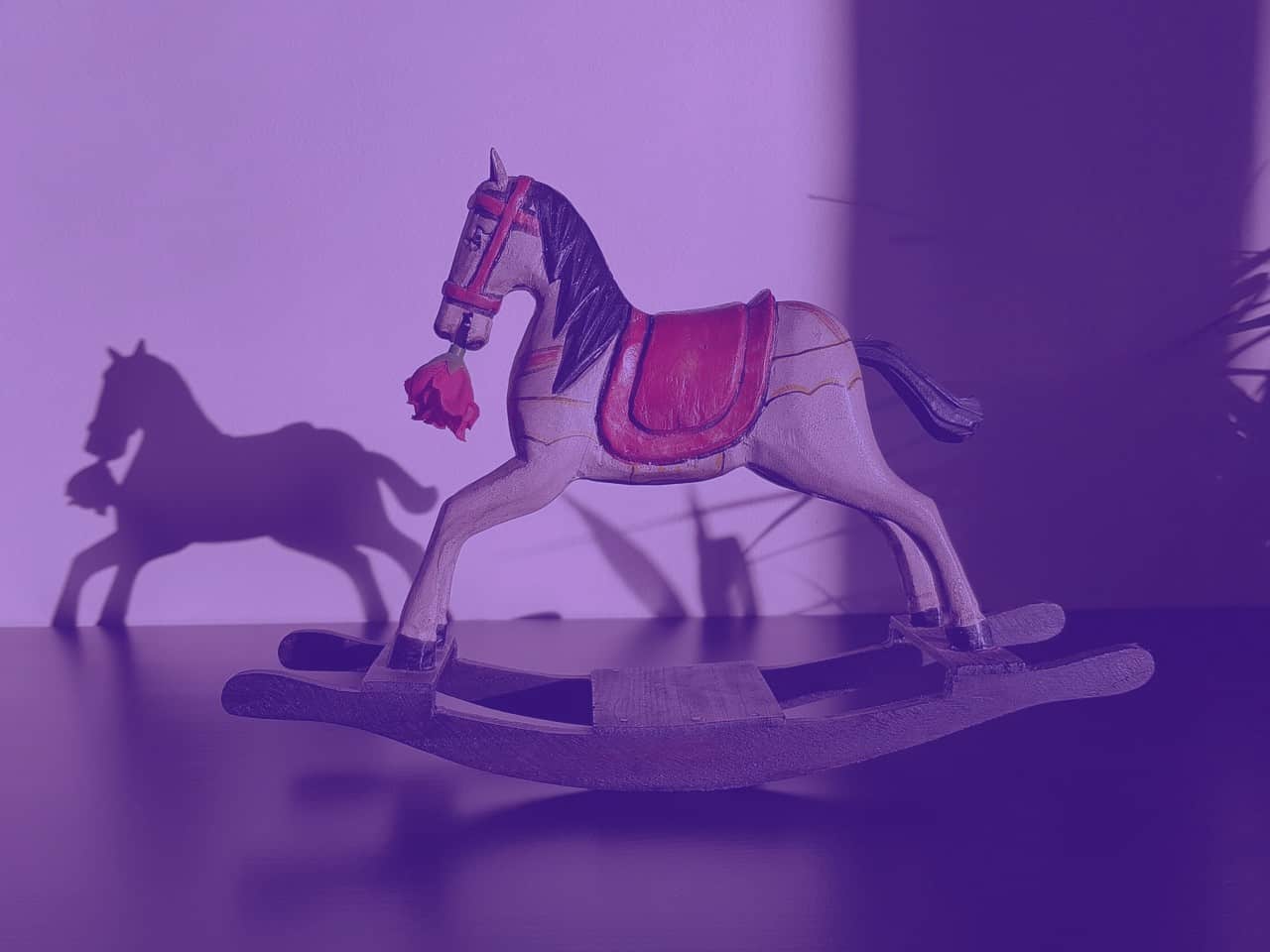Try animal assisted coaching

Have you heard of equine-facilitated coaching? Or equicoaching, for that matter? It has been around since the 1990s, and is based on the interaction between an individual and a horse. The practice is growing more widespread, and is nowadays available in versions with other animals, such as dogs or sheep. Tarja Vartiainen explains the idea behind these individual or group coaching sessions aimed at strengthening team cohesion.
Find out what kind of manager you are
Before starting an equicoaching session, the individual must choose the horse they wish to work with. The idea is to establish a collaborative relationship with the animal. As the exercises progress, the horse’s behavior reflects our own, revealing who we are. The animal helps us become aware of our communication or management style. In practical terms, this is due to the way we spontaneously act towards the horse, the position we adopt in relation to it, the direction or the pace we want it to take. The challenge is to stay in tune with the animal and find the right tone to communicate with it. Once that contact has been established, the horse’s reactions are very instructive.
Build a relationship of trust
The coach intervenes to decipher the signals sent by the animal and help the individual, or group, understand them. In so doing, they get to know each other better and learn how to work together more effectively. If a person feels anxiety when they approach the horse, the animal also shows some skittishness in return. That is when I ask questions, like: “What’s going on inside you?” The coach’s knowledge of the animal is essential. For example, if the horse runs with its head high in the air, I know that it is getting stressed. Conversely, if the horse slows to a leisurely walk, that means it is feeling relaxed. Obviously, this goes hand in hand with the behavior of the person standing with the horse. The objective is to create a relationship of mutual trust and respect.
Bring your teams together
For the individual, these sessions bring a deeper self-knowledge, and promote a certain openness of mind. A 55-year-old company manager once told me, after a coaching session, that he had always used reason as the basis for his approach to everything in life. And for the first time, he grasped the importance of emotional intelligence. For groups, the coaching sessions are an experience designed to strengthen cohesion. It is a question of finding a collective strategy to interact with the new partner — in this case, the animal. I can see right away who is in charge and who is keeping in the background. On that basis, I try to work with the team to forge closer links between the members, so that everyone can find their place.
Tarja Vartiainen Now the head of Tarja Vartiainen Consulting, a company specialized in equine-facilitated coaching, she first spent several years working for American Express. In 2016, she obtained a coaching certificate from HEC. Today, she puts those skills to use and combines them with her passion for horses as part of her work.
Published by Maxime Dewilder

